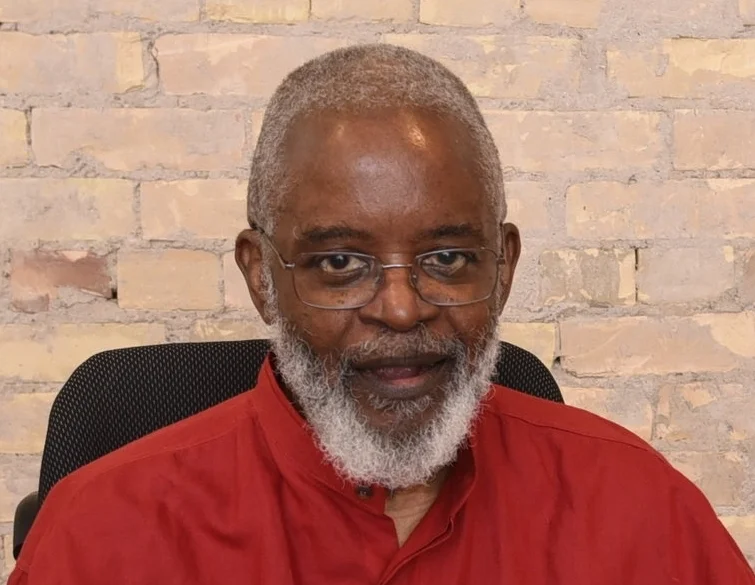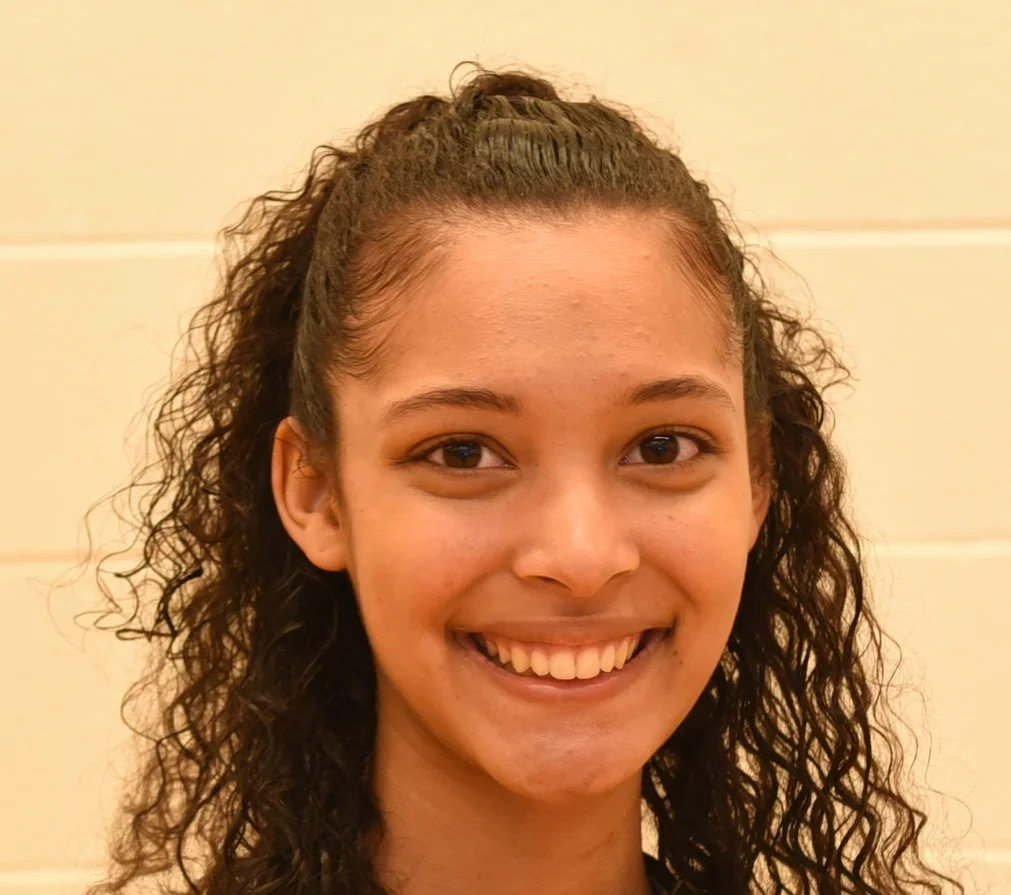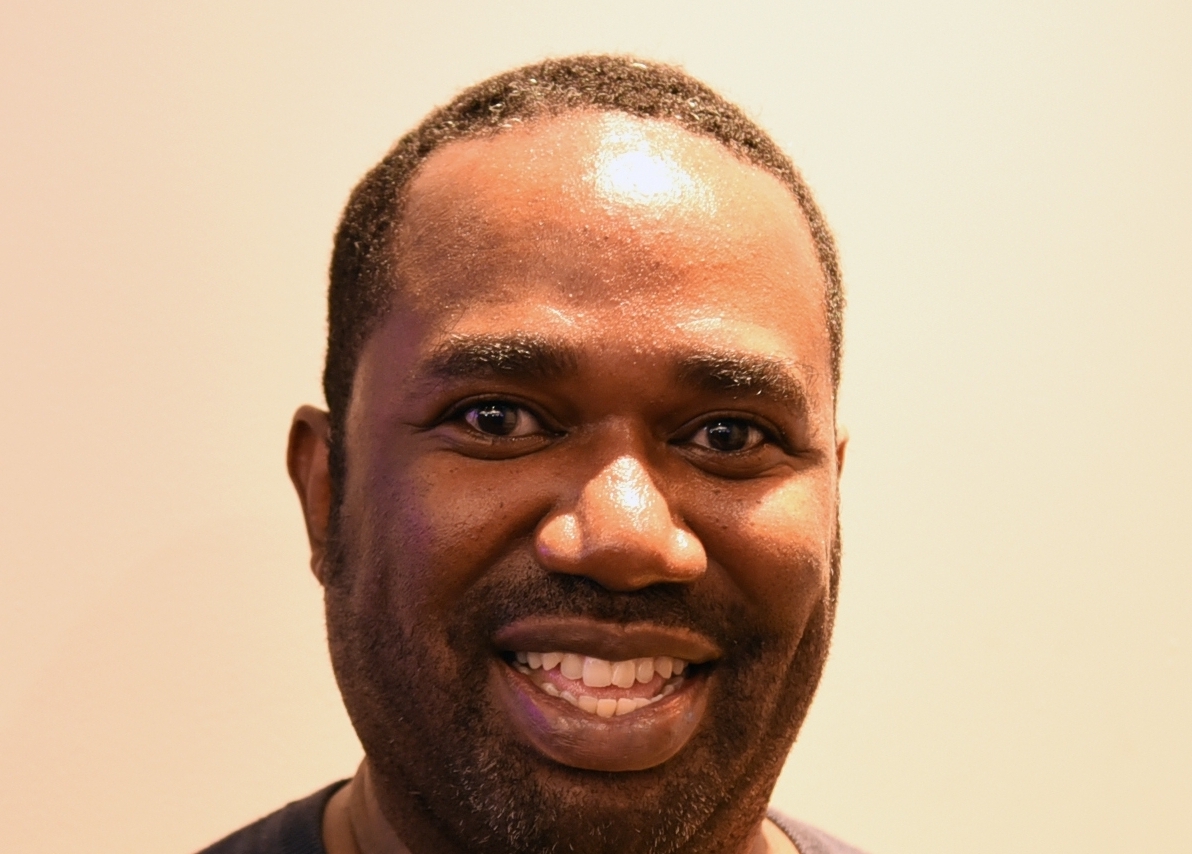Sioux Lookout deputy mayor sees municipal platform as stepping stone
June 7, 2018
Civically inspired as a young girl growing up in rural Jamaica, Yolaine Kirlew intended to pursue a political career once her children were grown and independent.
The plan was fast-tracked, however, when the family relocated from Ottawa to Sioux Lookout in 2008.
Kirlew and her husband – Dr. Mike Kirlew – have three girls.
At the end of a social event shortly after their arrival in the small northwestern Ontario town, a young White boy whispered into Kirlew’s ear that she was the first Black person he had seen.
That was a defining moment for the newcomer.
“He was the catalyst for me deciding I couldn’t just raise my kids in the community and wait until they are grown before I could get involved in politics,” said Kirlew who has been a Sioux Lookout city councillor since October 2014 and deputy mayor. “I had to help shape the little White, Black and Native kids who are here and have never seen leadership in a diverse and inclusive context. I had young kids, but I made that commitment to say while I am raising them, I also want to help raise the community’s perception and help change the way they see who leads and for what purpose and allow them to understand that non-Whites can lead for Whites as for others because it’s not your colour that’s leading, but the content of your character and your commitment to advance change for the betterment of all people. If I can’t be a solution to a problem, I will not stand up and raise my hand.”
With local government considered the level closest to the people, Kirlew is using the municipal platform as a stepping stone.
“Politics is essentially about people,” she said. “It is about bridging gaps and building viable options so that people can choose and better their lives. Developing my skill set at the municipal level is fundamentally important to making that transition into federal politics and that’s the reason why I am part of the Federation of Canadian Municipalities (FCM).”
Last year, Kirlew was elected with the second highest number of votes to the FCM board of directors for the northern region in the Ontario caucus.
On June 3 at the FCM annual conference in Halifax, she made history becoming the first female visible minority to be elected the Ontario region third vice-president table officer.
“In this role, I will be able to advocate for our community development and to essentially make sure that we are part of the discussion around cannabis legislation which, right now, is a discussion that’s happening around us and not with us,” said Kirlew, a former Congress of Black Women Ottawa chapter president. “That’s problematic because we are not at the table directing policies.”
She hails from St. Ann’s Bay which is also the birthplace of late Pan-African nationalist Marcus Garvey who is Jamaica’s first national hero.
“I grew up in a country were partisan politics are very strong,” Kirlew noted. “You are either JLP (Jamaica Labour Party) or PNP (People’s National Party). As a child, that shaped me on every single angle to look at issues from the point of view of how is this party going to make life better for me, my family, my neighbours and my country and how is the leadership connecting with the people to give them hope and courage to work hard and accomplish their goals. That solidified in my mind that I wanted to be part of any process that affects change positively in people’s lives. I knew I wanted to be a politician since childhood to effect meaningful change.”
Following their mother who arrived in Canada under the West Indian Domestic Program a decade earlier, Kirlew and her brother migrated in September 1989. After a brief stay in the city, the family spent five years in Kitchener before returning to Toronto where she did Grade 12 at Martingrove Collegiate Institute and completed her fifth year of secondary school education, which previously existed in the province until 2003, at Father Michael Goetz Secondary School in Mississauga.
She obtained undergraduate degrees in political science and comparative politics with a minor in international history and a Master’s in conflict resolution from Saint Paul’s University in Ottawa.
Kirlew met her husband, who is the product of Jamaican immigrants, in the nation’s capital in 2004 and they were married two years later.
The northern Ontario family physician is one of the few family doctors that flies into remote Indigenous communities.
“We met at a youth conference at a church in Ottawa,” Kirlew, who has pursued mediator, mental health and nutritional consulting practitioner studies, recounted. “What I think drew us together was our commitment to advancing social justice as a way of life and not as a career. I am from the people and I need to be committed to the people. He symbolises, as I do in my heart, change in action. As I was practicing and as I believed, I saw him do and that’s what connected us and that’s what keeps us together.”
Kirlew, who has volunteered in South-East Asia and Europe, was introduced to Sioux Lookout while visiting with her husband.
She also spent time there doing field work for her Master’s completed in 2012. The title was, ‘From the Conflict of Domestic Violence to the pursuit of Intra-Psychic Reconciliation.’
“When I came here to do my field work, I realized that this little town, which is kind of like a hidden gem in Ontario, wasn’t too dissimilar to where I had come from in Jamaica,” she said. “I felt like I was walking down a country road in Jamaica the first time I set foot on a street here. Though I had been in Canada for quite a while and have lived on three continents, I had never felt more at home in the moment. With my encouragement after some discussion, we decided this is really where we needed to be…It was my view that I could best make an impact in a smaller town where I could be closer to people. Even though I am initially different, I don’t have the mindset of my difference being a barrier. For me, it’s an asset.”
Of the nearly 5,500 population, there are about 50 Blacks in Sioux Lookout.
That number has risen considerably in the last decade.
“I could count on one hand the amount of Black people that were here when we arrived,” Kirlew, who has extensive training as a third party neutral group facilitator and mediator, recalled. “There was always a strong presence of agency nurses coming through to go into the northern remote communities, but we never had a settled group and I was very much aware of that. I made an effort to bring young Black professionals and families to live here by using the avenue of church and community engagement. I started a school and a daycare to meet the needs of those families to help them re-adjust.”
Kirlew’s high intellect and articulation are matched by her beauty, elegance and grace.
The 2002 Miss Ottawa and Miss Black World Canada representative was the second runner-up in the 2003 Miss World Canada pageant won by Nazanin Afshin-Jam, the wife of former Central Nova Member of Parliament and attorney general Peter MacKay.
“That experience was meaningful because it taught me this idea of how biases exist and how the media creates its version of beauty,” she said. “You could be the most articulate, the fittest, the most capable and the person with a vision and yet that is skewed against you because you are not of the colour and complexion that they define beauty as. I experienced that, but I pressed forward because I knew I was going to be in a position to lead. I just had to make sure I was learning from all these different environments how to connect with people.”
Though leading busy lives and raising their own children, Kirlew and her husband cared for nearly eight foster kids during a six-year period.
“I have always believed in giving back through your daily life,” she added. “Growing up in the Caribbean, our way of thinking is that a village raises children. I grew up in an extended family with about 13 or 14 kids in a big space. That was my grandmother’s commitment to helping her kids, her family and her community. I was shaped by that. When I came to Canada, I always wanted to adopt and give back in the same way that my community gave to me. I was taught that when you have a house, you shouldn’t think selfishly as it isn’t just for you and your family.”






